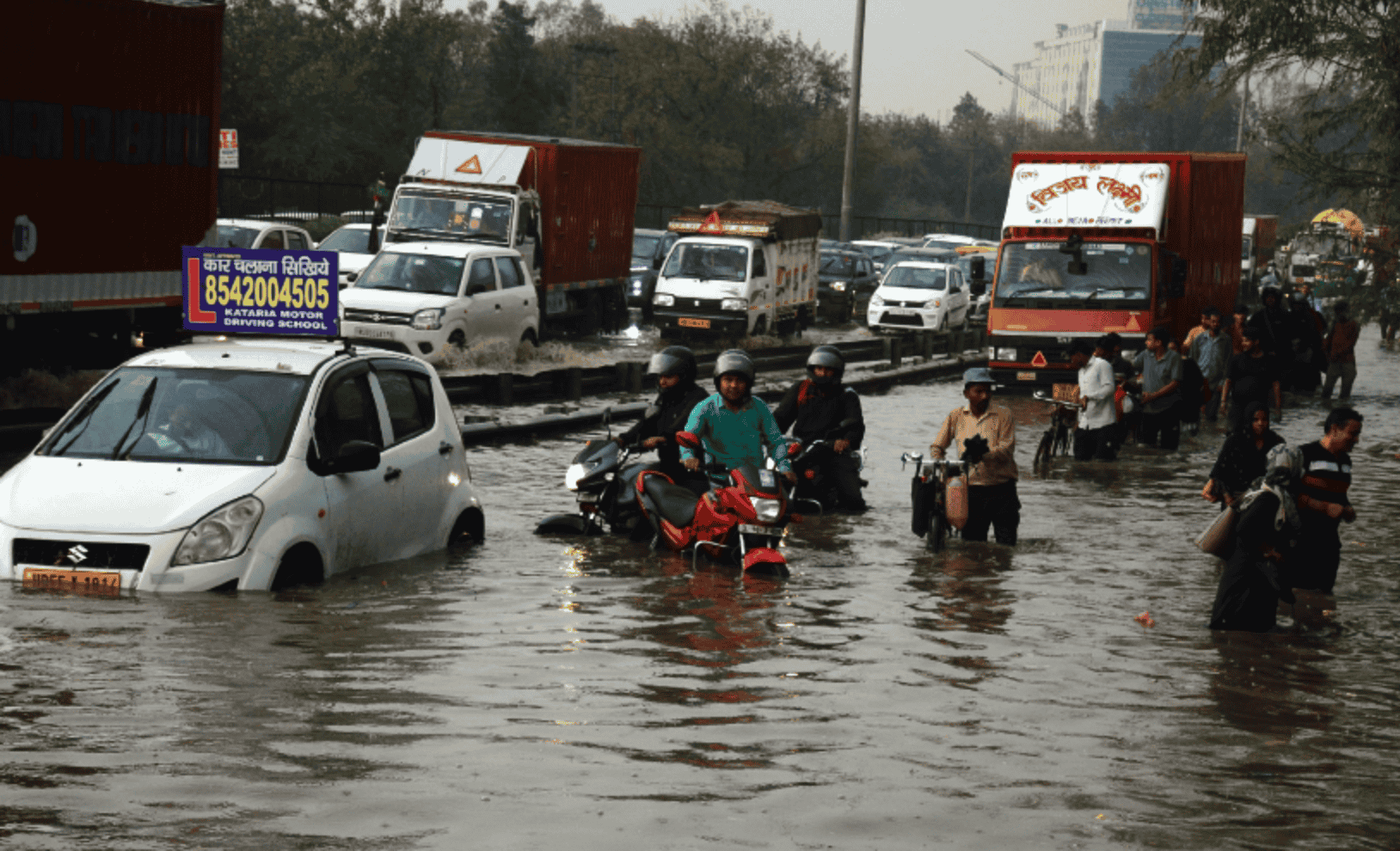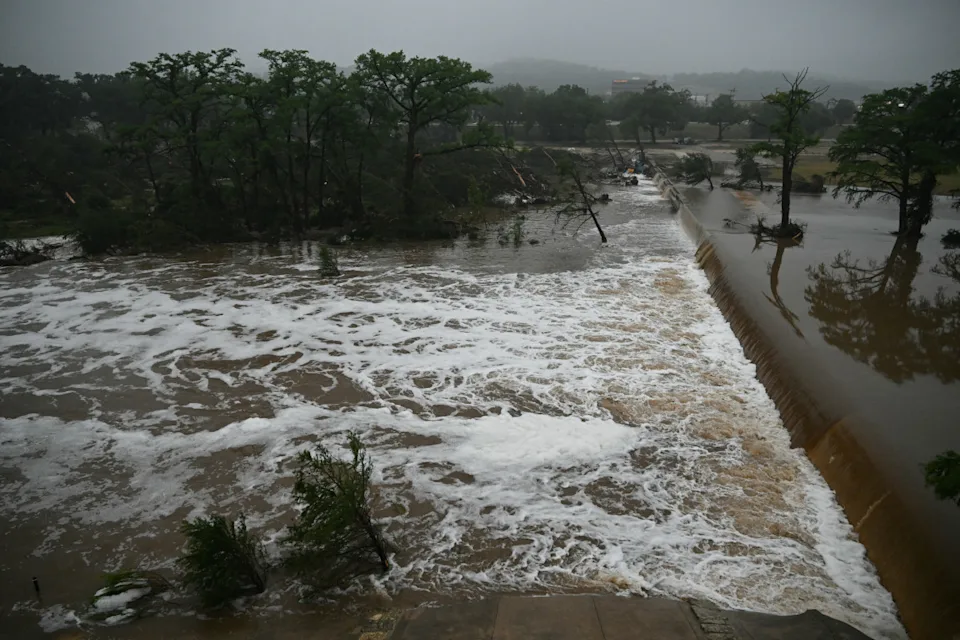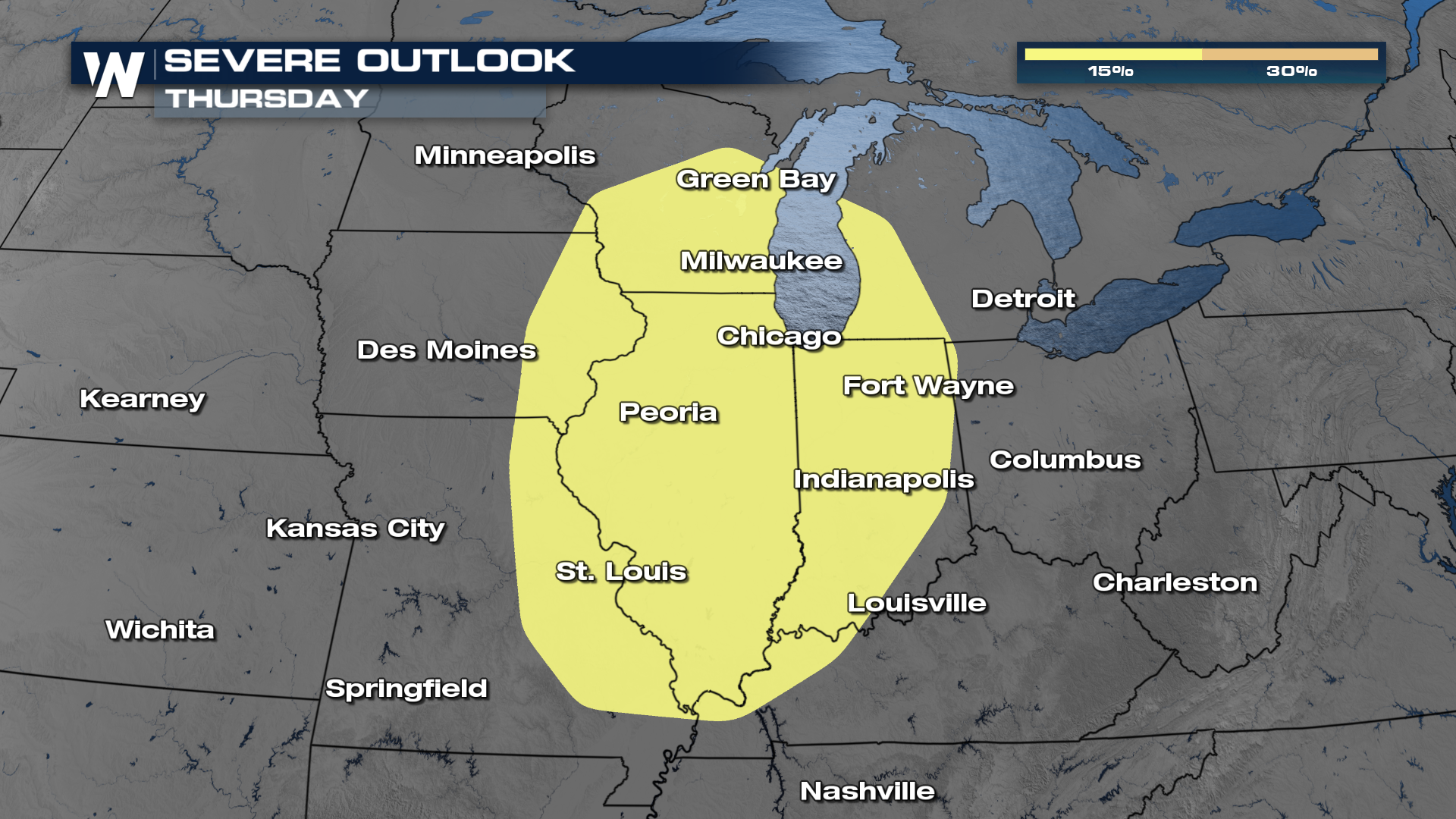This expansion will now benefit over 800 North American riverside communities with a collective population of more than 12 million.

Google has revealed the expansion of its AI-powered tool, the “Google Flood Hub,” for enhanced river flood prediction in the U.S. and Canada
The Google Flood Hub exemplifies how AI is becoming pivotal in addressing extreme weather events linked to climate change. Google’s Chief Sustainability Officer, Kate Brandt, emphasized the vast potential of AI in addressing global challenges, with climate change at the forefront. Google announced a suite of sustainability initiatives at an event in Brussels, many of which incorporate AI. These Google Flood Hub tools aid city planners in selecting optimal tree planting locations and roof modifications to combat urban heat. The collaboration with the U.S. Forest Service employs AI to enhance wildfire-related mapping.
Flooding and storms are among the most destructive climate impacts, with approximately 75% of the economic costs attributed to them. Additionally, floods and storms displace millions, exposing vulnerable populations to further health risks. A UNICEF report found that floods and storms accounted for 95% of global displacements from 2016 to 2021.
The Google Flood Hub employs advanced AI, publicly available data, satellite imagery, and hydrologic river flow models to predict floods with an extended lead time of up to seven days
Google initiated its flooding research in 2018, and this year, the Google Flood Hub expanded to 80 countries. In August, it was used in Chile to enhance evacuation alerts. Dr. Satchit Balsari, an emergency physician, harnesses AI tools like Google Flood Hub to bolster medical systems’ climate resilience. His work, part of the “Crisis Ready” initiative, addresses the long-term health impacts of extreme weather events, assisting hospitals in preparing for increased demand from displaced individuals. AI presents unique challenges in weather forecasting, including the need for trust and collaboration with meteorologists. AI models are being fine-tuned to anticipate unprecedented weather extremes, which are becoming more frequent in a changing climate.
As climate change ushers in a new era of weather extremes, AI is emerging as a critical tool for adaptation. The question remains whether our ability to adapt can keep pace with the rapidly changing climate.




